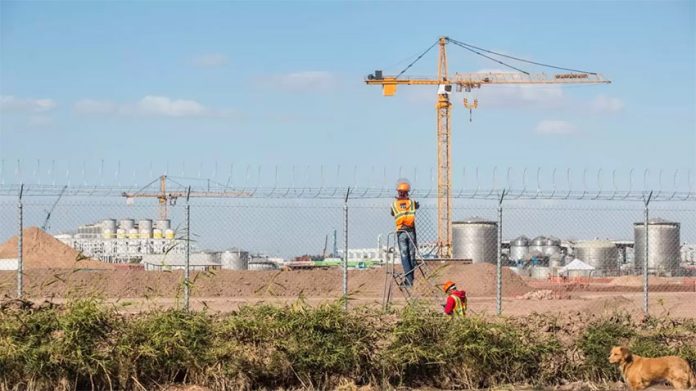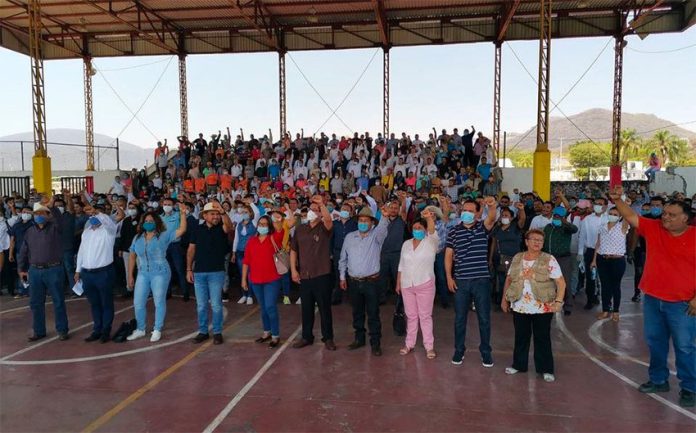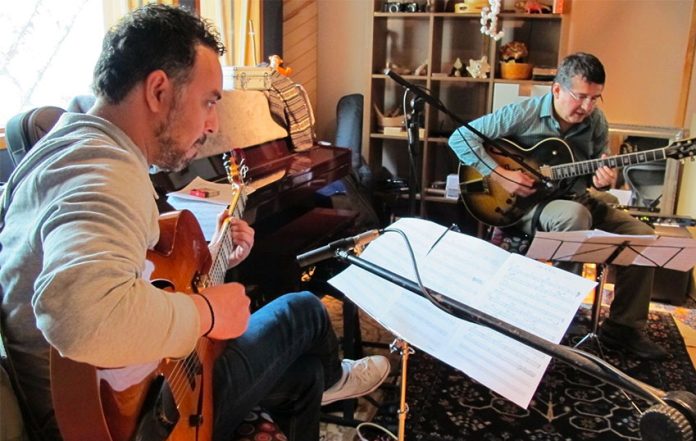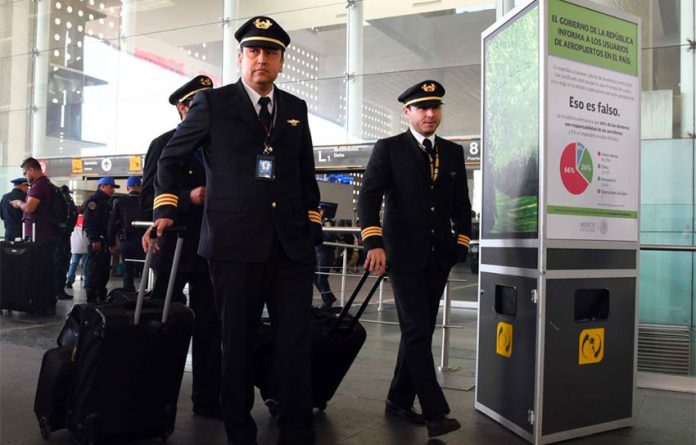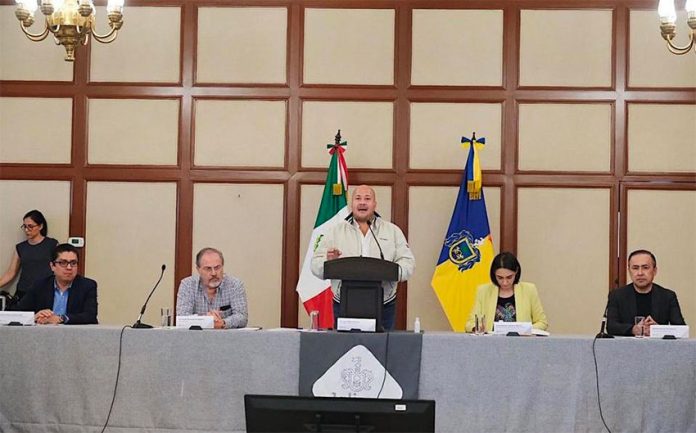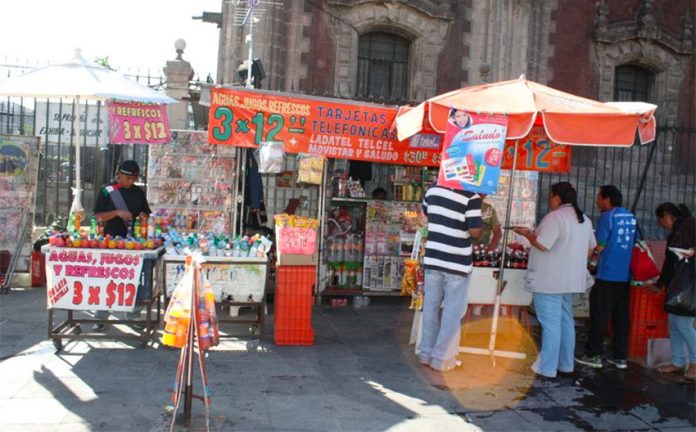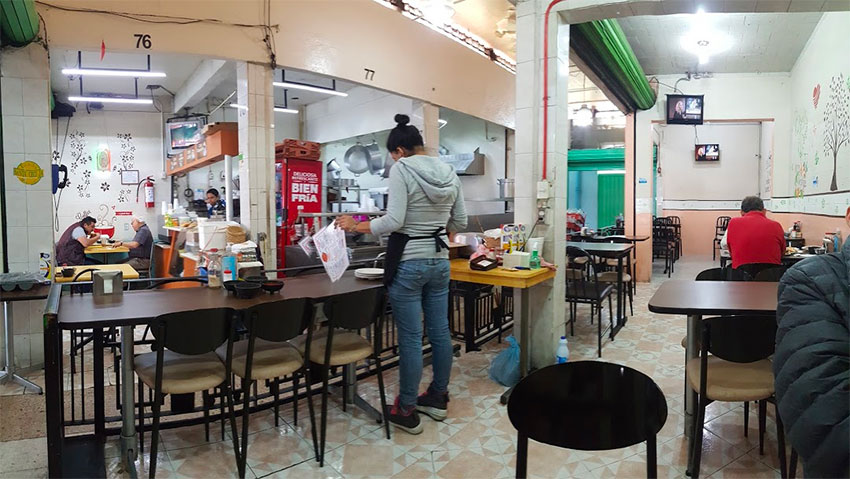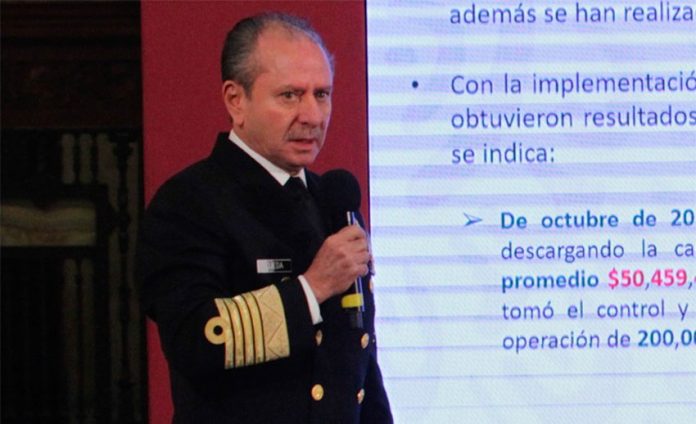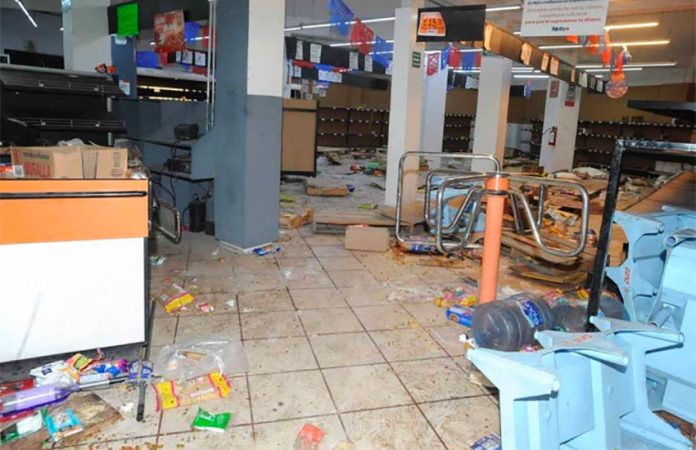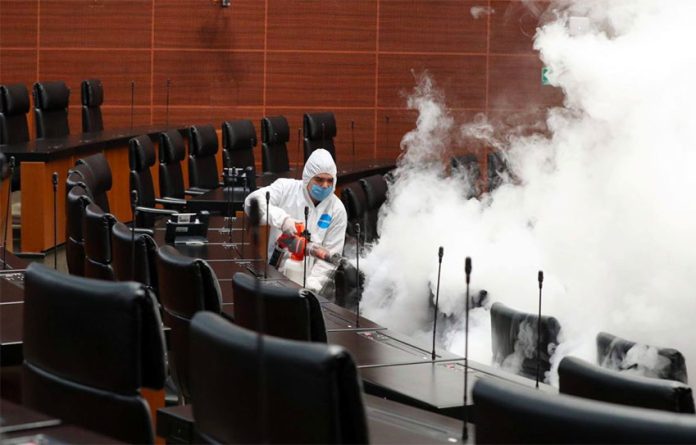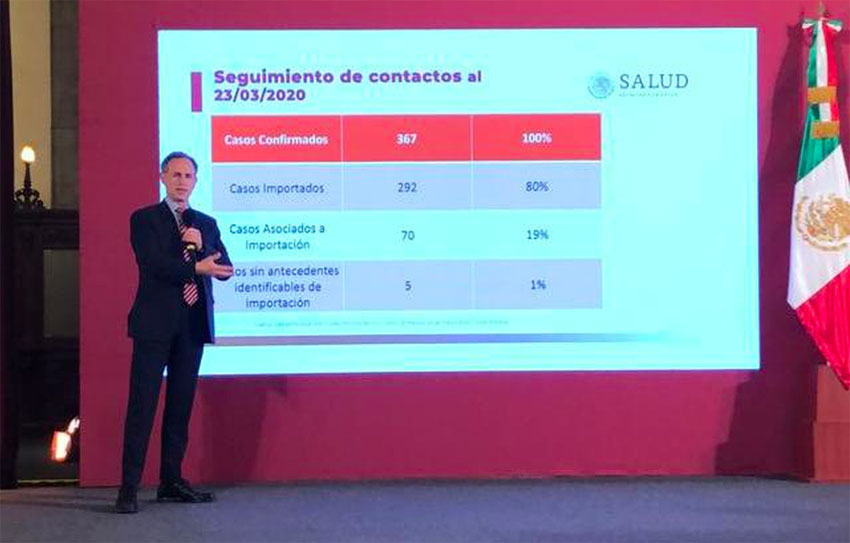A day after the federal government announced that it would halt Constellation Brands’ US $1.4-billion Mexicali brewery, the United States beverage company said on Tuesday that it is ready to hold talks with President López Obrador.
The company said in a statement that it had “listened carefully” to the statements of Deputy Interior Minister Diana Álvarez – who announced on Monday that 76.1% of people who voted in a public consultation on the brewery last weekend opposed it – and López Obrador “with respect to our project in Mexicali, Baja California.”
“We’ve taken note of their messages and we are ready to enter into the necessary talks with President López Obrador and his cabinet to work closely on a plan of action that considers the large current and future challenges that Mexico faces in an economic and social sense,” Constellation said.
In a separate statement posted to the company’s website, Constellation President and CEO Bill Newlands said that the company “will continue working with local authorities, government officials and members of the community on next steps related to our brewery construction project in Mexicali and options elsewhere in Mexico.”
“In the meantime, it’s important to note that we have ample capacity, based on current growth forecasts and production capabilities at our Nava [Coahuila] brewery and soon to be completed expansion in Obregón [Sonora] to continue fueling the growth of our beer business in the medium-term. We’ve had a positive, mutually beneficial relationship with Mexico for more than 30 years and we fully expect this to continue,” he said.
In the statement, Constellation reiterated that its “project in Mexicali, like all our operations, complies with and has complied with all the requirements that the law indicates, and prioritizes the care and availability of water for everyone.”
Local residents, especially farmers, have long argued that the operation of the brewery, which is about 70% complete, would threaten the local water supply.
Constellation, which produces Grupo Modelo beers such as Corona and Pacífico, asserted that it remains committed to the wellbeing of the communities in which it operates, adding that “Mexico is very important to us.”
While the company indicated that it is willing to discuss the situation with the government, the Mexico City-based consulting firm Ansley said that legal action is an option.
It said that Constellation could file action against the federal government in Mexico or internationally using the contents of the still-valid North American Free Trade Agreement (NAFTA) to support its claim.
In Mexico, the company could request “an injunction against the results of the [brewery] consultation, the enforceability of the results and any decision the government might take against its interests based on the results of said consultation,” Ansley said.
It also said that Constellation could seek compensation in an international tribunal for the US $900 million it has spent on the brewery and the 10% drop in its share price on Monday after the government announced the consultation results and its intention to halt the project.
Ansley said that the company’s claim could be supported by the NAFTA investment chapter, which sets out the rules for international investment in each of Mexico, the United States and Canada.
For its part, the Business Coordinating Council (CCE), an influential private sector group, slammed the federal government for its decision to shut down the project.
The announcement that the National Water Commission would not issue the permits that Constellation still needed to obtain in order to open the brewery shows that the government “is determined to destroy the possibility of generating confidence for national and foreign investors and demolish jobs,” the CCE said in a statement.
It also said that the decision is “arbitrary, authoritarian and unilateral” despite the staging of the consultation. “It violates the rule of law, hurts the community and workers and is a terrible signal to society and the world that democratic rules are not respected in Mexico.”
The CCE also said that the government’s decision to halt the brewery project will hurt the “most vulnerable” people in Mexico because “they will have less access to opportunities and wellbeing.”
“Democracy has rules, the company had complied with all … the permits and obligations that the state asked it [to comply with]. … There is no reason that justifies the cancellation of the project nor the investment. … In addition, the debate about the use of water in Mexicali has been manipulated with incorrect data by activists and malicious authorities. The plant … would only use 0.2% of the water resources of the area and it has mechanisms to treat and return water it uses for agricultural use,” the statement said.
The consultation “had no legal basis” and only attracted the participation of 5% of the population, the CCE added, asserting “in no way can it be binding.”
Source: Notimex (sp), El Universal (sp)
